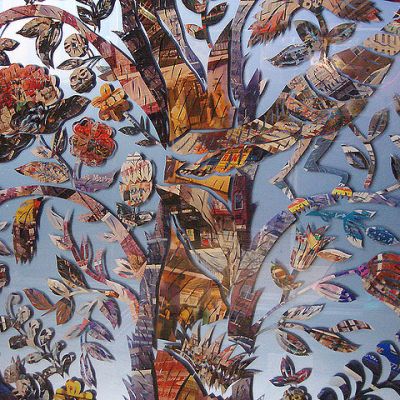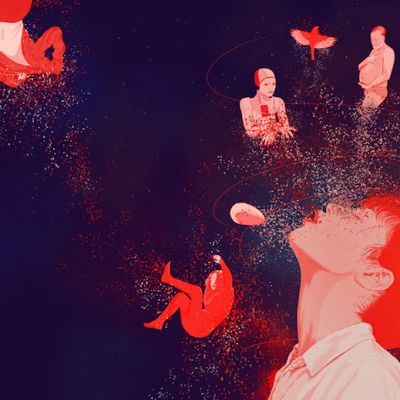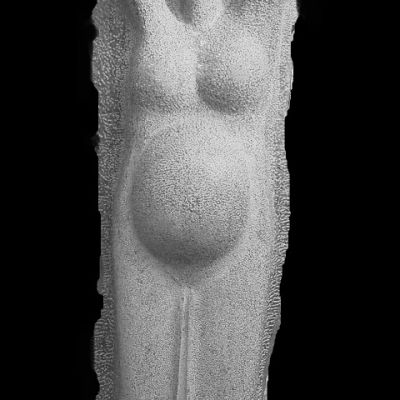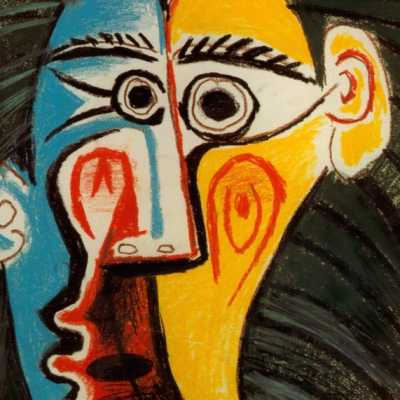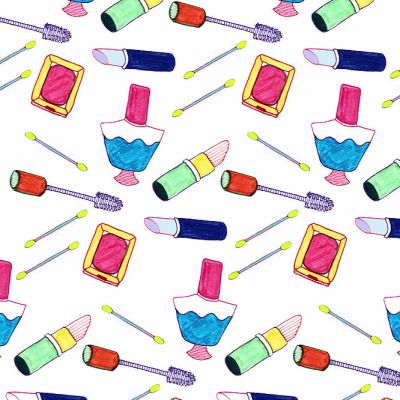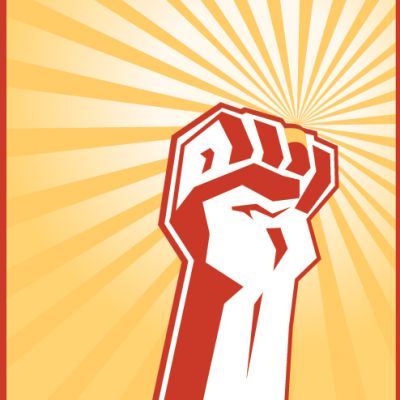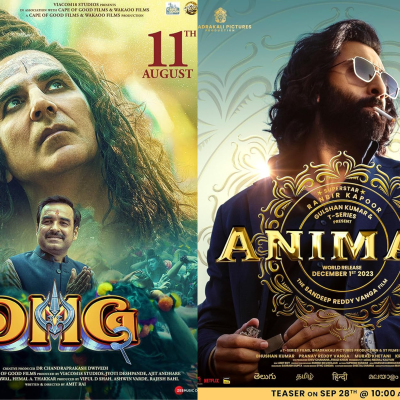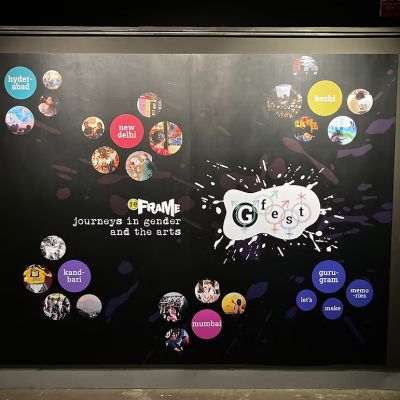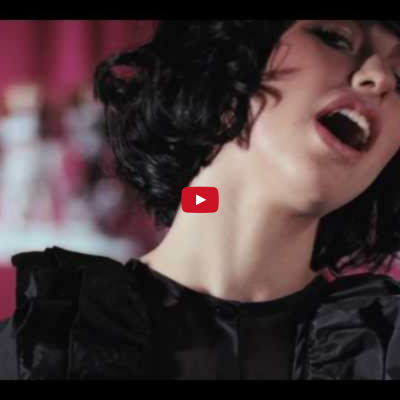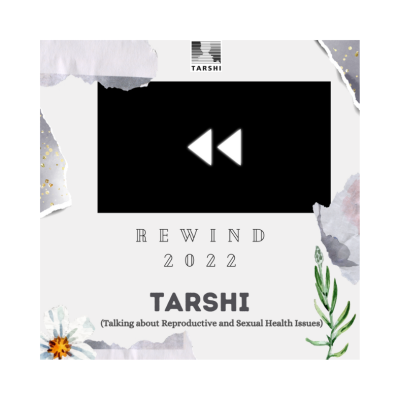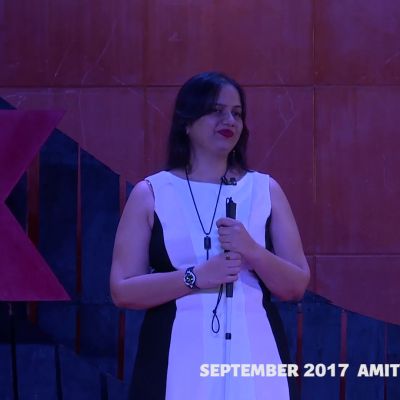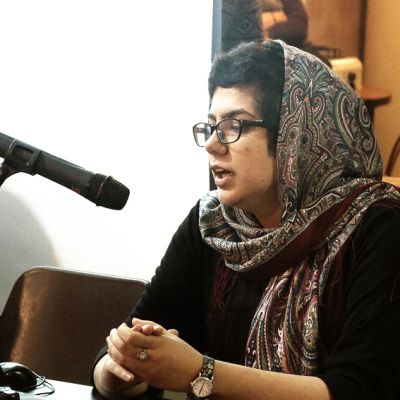TARSHI
To belong or not to belong? Some people define themselves through commonalities. There are some who define themselves through difference and then seek to find others who share that difference. They find commonality in a shared difference. Commonality is what makes for a community. To keep that commonality becomes an unwritten rule. What lets you in? What keeps you out? Every community tries to keep its members together. There are expectations, rules, impositions and, for the dissidents, punishments. Ironically, even communities of people who do not conform to mainstream norms of sexuality or gender have their own norms.
The boundaries are the most interesting bits. No definitions can be identified without them, and yet they themselves remain in a state of flux – neither here nor there, neither this nor that, but both, all, nothing, and so much more. None can stake their claim on the borderland; it is unseizable, enigmatic, most ungraspable. In its ambiguity it has the power to comfort the outlier at its best, and at its worst, leave bereft those who seek refuge in the absolute.
Do you love your eyes and hate your knees? Or do you sometimes wish your XXX were different? Replace XXX with any body part of your choice. We have all been there – griping, never satisfied, and never owning our own beauty. How do we perceive and evaluate our own bodies? What do we love? What do we loathe? And why?
In one sense, the body is what I immediately am. In another sense, I am separated from it by the…
Where perhaps attire traditionally demarcates community identity (one’s tribe, religion, caste, class, etc.), it has in more recent times (along with other identifiable commodities) come to also be used to express, assert, assess, control and contest individual identity. How does sexuality come into play in matters of attire and identity? And how do they all relate to how we live and connect with each other?
Art has the potential of reaching out to wide and diverse audiences and speaks to them in different ways. Therein…
We are one year old! Yes, In Plainspeak has been publishing articles from around the Global South, especially India and…
We can speak of many situations in terms of access or its lack for all kinds of people, and it will always give us insight into the society we live in in two interdependent ways: one, it reveals a polarity between who is given and who is denied access, and two, it determines the big-picture human value given to the commodity that the access is contested for.
A deeply entrenched issue in Indian society, the monster of caste, as Dr. Ambedkar called it, derides, tramples upon, rips…
We decided to watch Animal and OMG 2 and found that both the movies bring up many of the issues that we work on.
This exhibition covered themes such as gender roles and division of labour, migration and belonging, disability and queerness, and the lived experiences of women artists.
Thanks for being part of our 2022, full of exciting activities and reflection on Sexual and Reproductive Health and Rights (SRHR) and wellbeing.
Disability rights activist and comedian Nidhi Goyal busts myths and stereotypes about disability.
Nikzad speaks her mind on matters of travel, gender and political rights of Iranian and Middle-Eastern women as well as…

